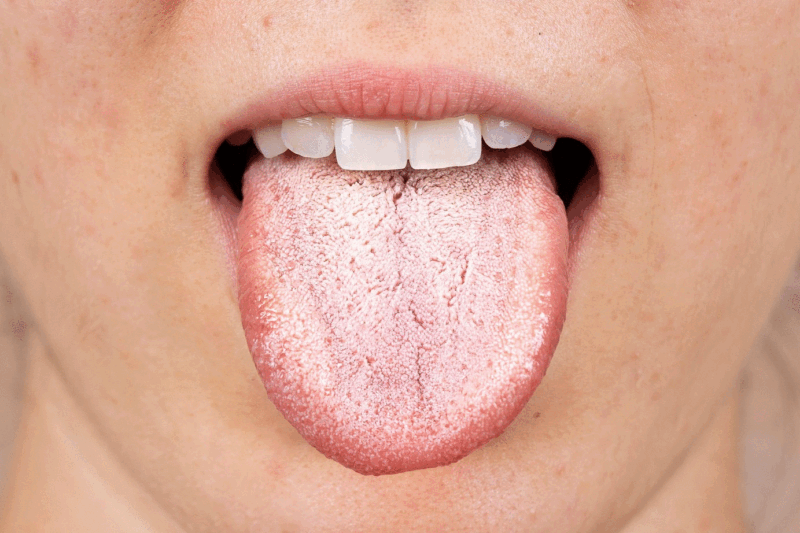Chronic thrush, also known as recurrent or persistent thrush, can be a frustrating and uncomfortable condition to deal with. Characterized by an overgrowth of yeast in the body, particularly in the mouth or genital area, chronic thrush can lead to recurrent infections that may require long-term management strategies.
While there are various treatment options available to help control and alleviate symptoms, it is important to also focus on long-term management techniques to prevent future flare-ups. In this article, we will explore three effective strategies for managing chronic thrush and improving quality of life for those affected by this condition.
1. Lifestyle Changes for Chronic Thrush Management

Making lifestyle changes can be an effective long-term strategy for managing chronic thrush. One key change is maintaining good hygiene practices, such as regularly showering and changing out of damp clothing.
It is also important to wear breathable fabrics and avoid tight-fitting clothing that can trap moisture. Another lifestyle change that can help manage chronic thrush is to maintain a balanced diet that is low in sugar and high in probiotics.
Sugar can feed the yeast that causes thrush, so reducing sugar intake can help prevent flare-ups. Additionally, incorporating probiotic-rich foods, such as yogurt and kefir, can help promote healthy bacteria in the gut and prevent yeast overgrowth.
Making these lifestyle changes can help reduce the frequency and severity of chronic thrush episodes.
2. Dietary Adjustments for Chronic Thrush Prevention

When it comes to preventing chronic thrush through dietary adjustments, it is essential to focus on eliminating foods that can promote the growth of Candida yeast in the body. This includes reducing consumption of sugar, refined carbohydrates, and alcohol, all of which can contribute to an overgrowth of yeast.
Instead, incorporating more probiotic-rich foods like yogurt, kefir, and sauerkraut can help maintain a healthy balance of gut flora and prevent the growth of Candida. Additionally, including anti-inflammatory foods such as turmeric, garlic, and ginger in the diet can help boost the immune system and reduce inflammation, which can also play a role in preventing chronic thrush.
Making these dietary adjustments can be a crucial step in long-term management strategies for dealing with chronic thrush.
3. Maintaining Proper Hygiene Practices to Manage Chronic Thrush

Maintaining proper hygiene practices is essential for managing chronic thrush effectively over the long term. To prevent the overgrowth of Candida, it is crucial to practice good oral hygiene by brushing teeth at least twice a day and using an antifungal mouthwash regularly.
Additionally, keeping the affected areas clean and dry, such as under the breasts or in skin folds, can help prevent recurrence of thrush. Wearing clean, breathable clothing and avoiding tight-fitting garments can also aid in managing chronic thrush.
It is important to follow these hygiene practices consistently to keep symptoms at bay and prevent further complications.
Conclusion
In conclusion, managing chronic thrush can be a challenging and frustrating experience for individuals. However, by implementing long-term management strategies such as establishing a consistent treatment plan with a healthcare professional, addressing underlying health conditions, and maintaining good oral hygiene practices, individuals can effectively manage their symptoms and improve their quality of life.
Additionally, Thrush Prevention through proper hygiene and lifestyle choices can play a crucial role in preventing recurring episodes of thrush. By taking a proactive approach to managing chronic thrush, individuals can better control their symptoms and focus on enjoying a healthier and more comfortable lifestyle.


